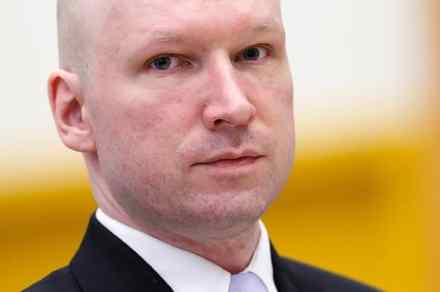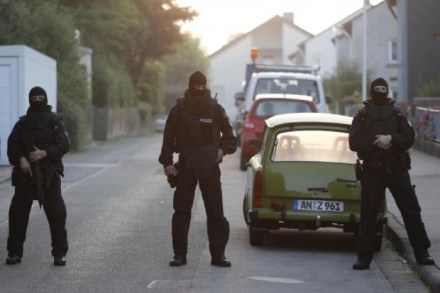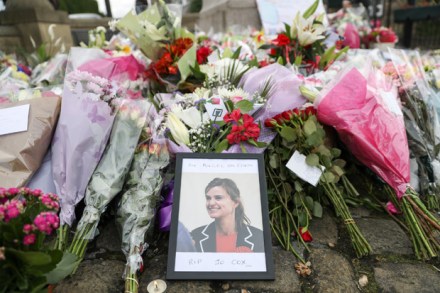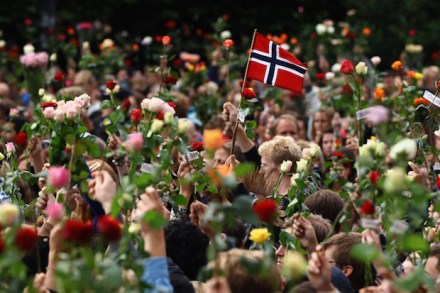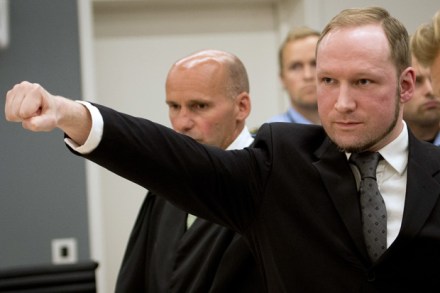The ideology of madness
On the wooden jetty from which the ferry used to depart for the little island of Utoya, there stood for a while a small obelisk around which people deposited flowers. ‘If one man can show this much hate, imagine how much love we can show together’ was the marvellously trite inscription on the obelisk: vapid and close to meaningless, in either Norwegian or English. Utoya lies in the Tyrifjorden Lake about 45 minutes north of Oslo and it is where the Labour party’s ‘Workers’ Youth League’ once held its summer camps — until one afternoon in July 2011 when a man called Anders Breivik turned up, heavily armed. Breivik murdered
